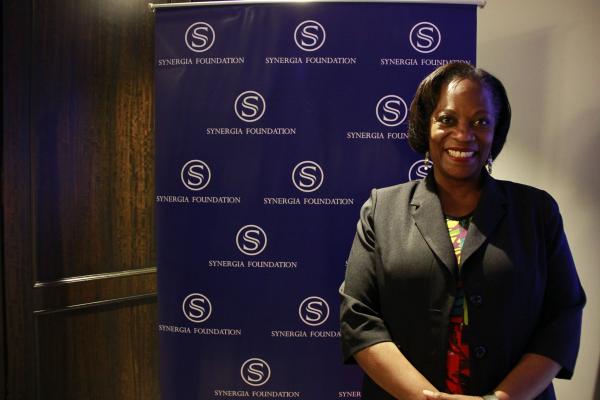Issues in Press Freedom
February 9, 2018 | Expert Insights

In March 2017, renowned journalists, people from various fields of business met at the Synergia Forum to discuss the increasing issues that the press around the world is faced with. The purpose was to debate upon various issues the media of today deals with, ranging from freedom, ownership and competition from new, alternative sources of news.
Mr. Tobby Simon, President of Synergia Foundation opened the discussion. The first challenge, expounded by him was the information and communication revolution that we are experiencing. One wherein the customer is king and therefore the news experience is much more important than the news content. The subsequent disregard to impartial, balanced news is an issue of growing concern. Second, is the debate regarding fake news, and the challenge faced by journalists in name their sources while still keeping the whistleblowers safe. The media industry has had to contend with rising challenges well through the past. Changing winds of technology, culture and geopolitics have spurred varying transformations in press media over the years, some of which the industry continues to struggle to adapt to.
Mr. T.M. Veeraraghav, former editor of The Hindu suggested adopting a dual approach to analyzing press freedom. One from the internal side which concerns the manner in which a media house wishes its image to be; and the external side, according to the questions of ownership, i.e. who owns the media and why someone must own the media. He brought out the importance of dealing with issues of press freedom both from the point of view of ownership in the press, why they own it and how they constantly feed into propaganda which is beneficial to the economic interests of the owners. And the other, as to where our society is going and how much the media has contributed to the brainwashing or bring up a sense of misplaced pride or sentiments which can be associated with a particular political ideology.
Ms. Alison Bethel-Mckenzie (former Exec. editor of the International Press Institute) enlightened the audience about barriers to press freedom as imposed by the state, regardless of ownership. She drew attention to the unconstitutionality and illegitimacy of these actions imposed by the state. The internal and external threats to the reputation of traditional media as of today, was another major concern of hers. Internally, the presence of corruption, ethical issues, lack of credibility were some reasons for dwindling trust in traditional media. Externally, the industry is threatened by the advent of social media, where the people have not been able to differentiate between who is a journalist and who is not anymore. She also touched upon the harassment and brutal criticism faced by journalists with the dawn of social media; and the resulting need for social media handles such as Facebook to begin taking up more responsibility regarding transparency and the accuracy of information that they, as a pseudo-media company, put out.
Ms. Maya Sharma shed light on the manner in which the representation of journalists in popular media is changing. Hollywood and Bollywood films have begun to represent them as insensitive and story-hungry. Questions of anonymity and the importance of having accountability to the spread of information and comments made were brought up in due course of the conference.
In general, conclusions were drawn that present day conditions are forcing media houses to adopt creative ways to look for funding. Another solution was social media platforms, highlighted by Mr. Karun Gopal who referenced NPR’s YouTube channel as a way of accumulating profits.








Comments